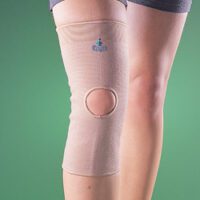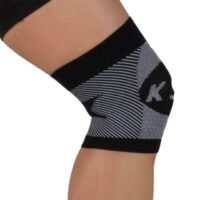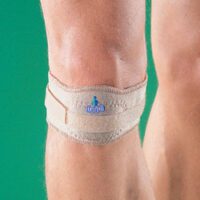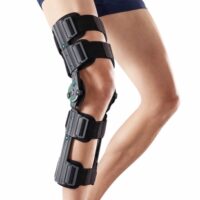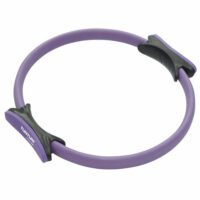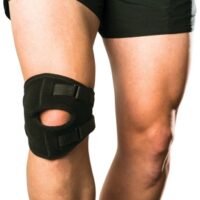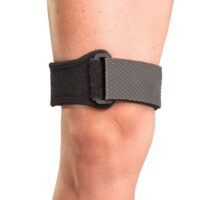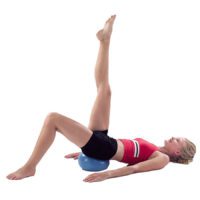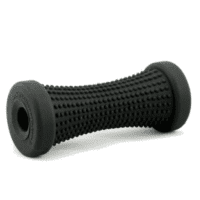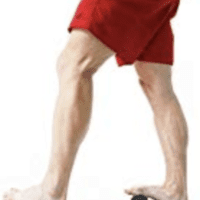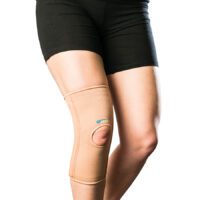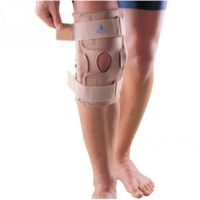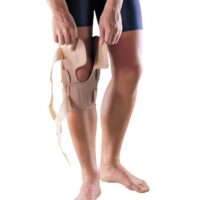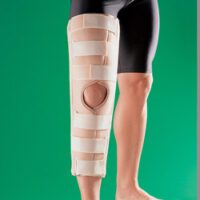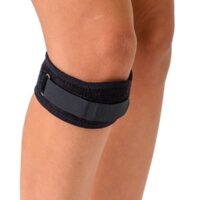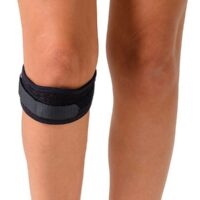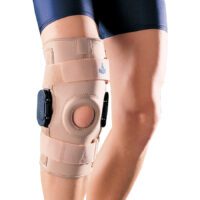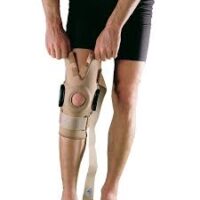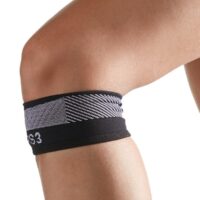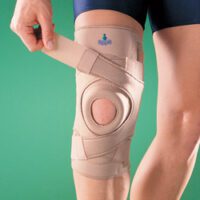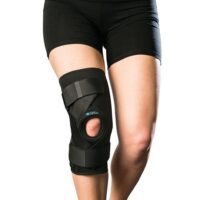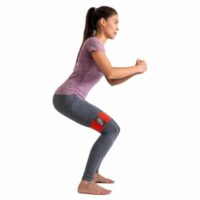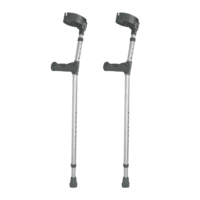Knee Exercises
Article by John Miller

Knee Exercises
The Role of Exercise in Knee Pain Relief
Introduction
Knee pain is a common ailment affecting individuals across various age groups, significantly impacting their daily activities and overall quality of life. Fortunately, specific exercises can offer much-needed relief, improve joint health, and enhance mobility. Insights from a physiotherapist highlight how targeted exercise routines can benefit those suffering from knee pain, offering a pathway to recovery and improved quality of life.
Exercise Benefits for Knee Pain
Engaging in exercises designed for knee health not only strengthens the muscles surrounding the knee but also stabilises the joint and reduces pain. These activities improve flexibility and endurance, contributing to a reduced risk of future injuries. Importantly, maintaining a healthy weight through regular exercise diminishes the strain on knee joints, further promoting knee health.

Latest Research Findings
Recent research underscores the significance of exercise in managing knee pain. A notable study conducted in 2023 demonstrated that participants with osteoarthritis who followed a customised exercise program experienced substantial improvements in knee strength and a reduction in pain. These findings align with the growing body of evidence supporting exercise as a key component in knee pain management.
https://www.ncbi.nlm.nih.gov/pmc/articles/PMC10280533/
Effective Exercises for Knee Strengthening
- Quadriceps Strengthening: Exercises such as straight leg raises and seated leg extensions are pivotal in strengthening the front thigh muscles, offering enhanced support to the knee.
- Hamstring Curls: By focusing on the back thigh muscles, hamstring curls work to balance the strength across the leg, contributing to knee stability.
- Calf Raises: Strengthening the calf muscles plays a critical role in supporting the lower leg, indirectly benefiting knee stability and function.
- Step-Ups: Utilising a step or bench, step-ups replicate everyday movements, aiding in the rehabilitation and strengthening of the knee joint.
What to Do?
If you’re experiencing knee pain, it’s essential to consult a physiotherapist. A professional can develop a personalised exercise program tailored to your specific needs, guiding you through the correct techniques, frequency, and intensity of exercises to maximise safety and effectiveness. A physiotherapist’s knowledge can be invaluable in navigating the path to knee pain relief and joint health.
Incorporating Lifestyle Changes
In addition to exercise, incorporating lifestyle changes such as adopting an anti-inflammatory diet, ensuring adequate hydration, and avoiding activities that exacerbate knee pain can play a crucial role in managing knee health. These holistic approaches complement the benefits of knee exercises, offering a comprehensive strategy for managing knee pain.
Conclusion
Exercise is a cornerstone in the management of knee pain, offering a non-invasive solution to enhance joint health and improve overall well-being. Regular participation in a physiotherapist-approved exercise regimen can lead to significant benefits, including increased knee strength, improved flexibility, and reduced pain. By taking proactive steps towards incorporating knee exercises and lifestyle changes, individuals can embark on a journey to better knee health and an enhanced quality of life.
Rochedale - Call 38410277
Book Online: RochedaleSalisbury - Call 32751044
Book Online: SalisburySandgate - Call 32691122
Book Online: SandgateRelated Articles
For more information on exercises and treatments for knee pain, consider exploring these related articles from the PhysioWorks website. These resources offer further insights into managing knee pain, strengthening exercises, and the benefits of physiotherapy in treating knee conditions.
- Understanding Knee Pain: Provides a broad overview of knee pain, including causes, relief, physiotherapy options, and prevention.
- Knee Ligament Injury: A guide and tips from physiotherapists on managing knee pain associated with ligament injuries.
- ACL Injury: Outlines comprehensive treatment options for ACL injuries, emphasizing the importance of professional guidance for recovery.
- Chondromalacia Patella: Addresses anterior knee pain due to cartilage irritation under the kneecap, common in young athletes.
- Patellar Tendinopathy: Covers causes and treatment options for patellar tendinopathy, highlighting its impact on knee movement and function.
- Patellofemoral Pain Syndrome (PFPS): Discusses PFPS, a condition causing pain around the kneecap, often exacerbated by stair navigation.
- Patella Enthesopathy: Discusses the treatment for enthesopathies affecting the patella, including exercises focusing on the quadriceps.
- Effective Management of Fat Pad Syndrome: Offers insights into managing kneecap pain, which could be useful for readers interested in various knee conditions.
- Knee Bursitis: Explains the condition and its impact on quality of life, including the types of bursitis that can affect the knee.
- ACL Injury Treatment: Focuses on surgical and non-surgical treatment options for ACL injuries, crucial for those considering their recovery options.



